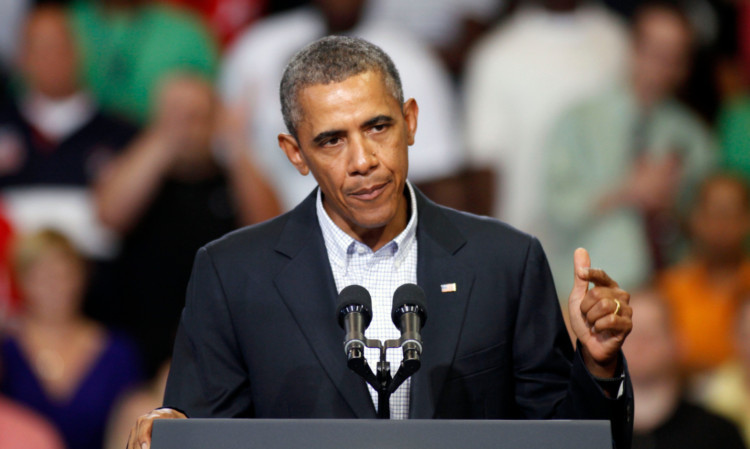
Tensions were rising last night in Syria over further evidence to support claims chemical weapons had been used to kill hundreds.
International charity Medecins Sans Frontieres said they had treated 3,600 patients at three hospitals with “neurotoxic symptoms” following reported chemical attacks last week.
They said 355 of them have died.
The organisation described a large number of patients arriving at the hospitals with symptoms including convulsions, extreme salivation, contracted pupils and sight and respiratory problems.
The charity said many were treated with atropine, a drug administered to those with “neurotoxic symptoms”.
Although it didn’t categorically confirm the use of chemical weapons it “strongly suggested” their use, Bart Janssens MSF’s director of operations said.
He added: “This would constitute a violation of international humanitarian law.”
Last week, opposition activists claimed President Bashar Assad’s regime had launched a chemical weapons attack on rebels in Damascus on August 21. But government officials claimed rebels were behind the attack.
Last night, there were reports the US were close to intervention.
President Obama had previously been adamant the US would not turn a blind eye to chemical weapons being used in the increasingly bloody civil war.
American media reported that the Pentagon was making initial preparations for a cruise missile attack on Syrian government forces.
Meanwhile, Syrian state media accused rebels of using chemical arms against government troops trying to storm a contested area of Damascus yesterday.
It said a major army offensive had forced rebels to resort to such weapons “as their last card”.
State TV broadcast images of plastic jugs, gas masks, vials of medication, explosives and other items that it said were seized from rebel hideouts.
But it did not show any video of soldiers affected by toxic gas in the fighting in the Jobar neighbourhood of Damascus.
Experts said the claims could be being used to muddy the debate about who was responsible for last week’s poison gas attack.
Just hours before the state media reports, the UN disarmament chief arrived in Damascus to press to allow experts to investigate Wednesday’s alleged attack.
The Assad regime has denied allegations that it was behind it, calling them “absolutely baseless” and suggesting they are an attempt to discredit the government.
The US, Britain, France and Russia urged the Assad regime and the rebels to co-operate with the UN and allow a team of experts to look into the latest purported use of chemical agents.
The UN secretary-general dispatched Angela Kane, the high representative for disarmament affairs, to push for an investigation.
She did not speak to reporters upon her arrival in Damascus yesterday.

Enjoy the convenience of having The Sunday Post delivered as a digital ePaper straight to your smartphone, tablet or computer.
Subscribe for only £5.49 a month and enjoy all the benefits of the printed paper as a digital replica.
Subscribe